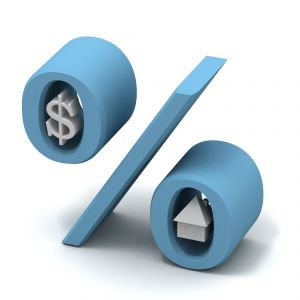The Reserve Bank of Australia reduced official interest rates in Australia to to its lowest rates ever, whilst mortgage rates n the US continue to climb.
The RBA reduced the cash rate to 2.5% in a bid to help the Australian economy transition from the peak of the mining boom and record high demand for coal and iron ore from China, to the wider economy, and especially housing construction and retail, two sectors that have suffered from a lack of confidence in recent times.
There seems to be a recovery in demand for Housing in the capital cities, especially Sydney and Melbourne, which have seen record sales at weekend auction in recent weeks. Even Brisbane is well up on where it was this time last year.
But there is a growing shortage of homes in most of Australia’s Capital cities, especially single unit housing, and there is hope that the Australian Government will have housing construction on its radar, as a main driver for employment and the big ticket items in the retail sector.
My concern is that we have heard nothing from either party regarding policy in this area, and a month out from the Federal election. Maybe they are keeping their policies in this for the Official Policy Launches due in a couple of weeks.
Australia has had a smooth ride since and through the Global Financial Crisis, and has a Triple A [‘AAA”] rating from all three rating agencies, a first for Australia. So things are good in the Lucky Country. But they could be a lot better for a lot of people, and for many sectors of the economy, especially manufacturing.
The mix of a high Australian dollar, high wages, employer paid superannuation, holiday pay and other benefits and working conditions, has meant that the Australian economy has defied gravity for years on the back of its economic management and stimulus packages during the GFC.
But as the economy goes into transition from the mining boom, it needs a lower $AU to help agriculture and manufacturing to take up the slack.
So apart from the RBA reducing rates even further, and causing the Australian dollar to fall further, where are the actual policies from the Opposition and the Government that will drive innovation, manufacturing and the single unit home construction industries? I am still waiting.
Source: Mr Mortgage


You must be logged in to post a comment.